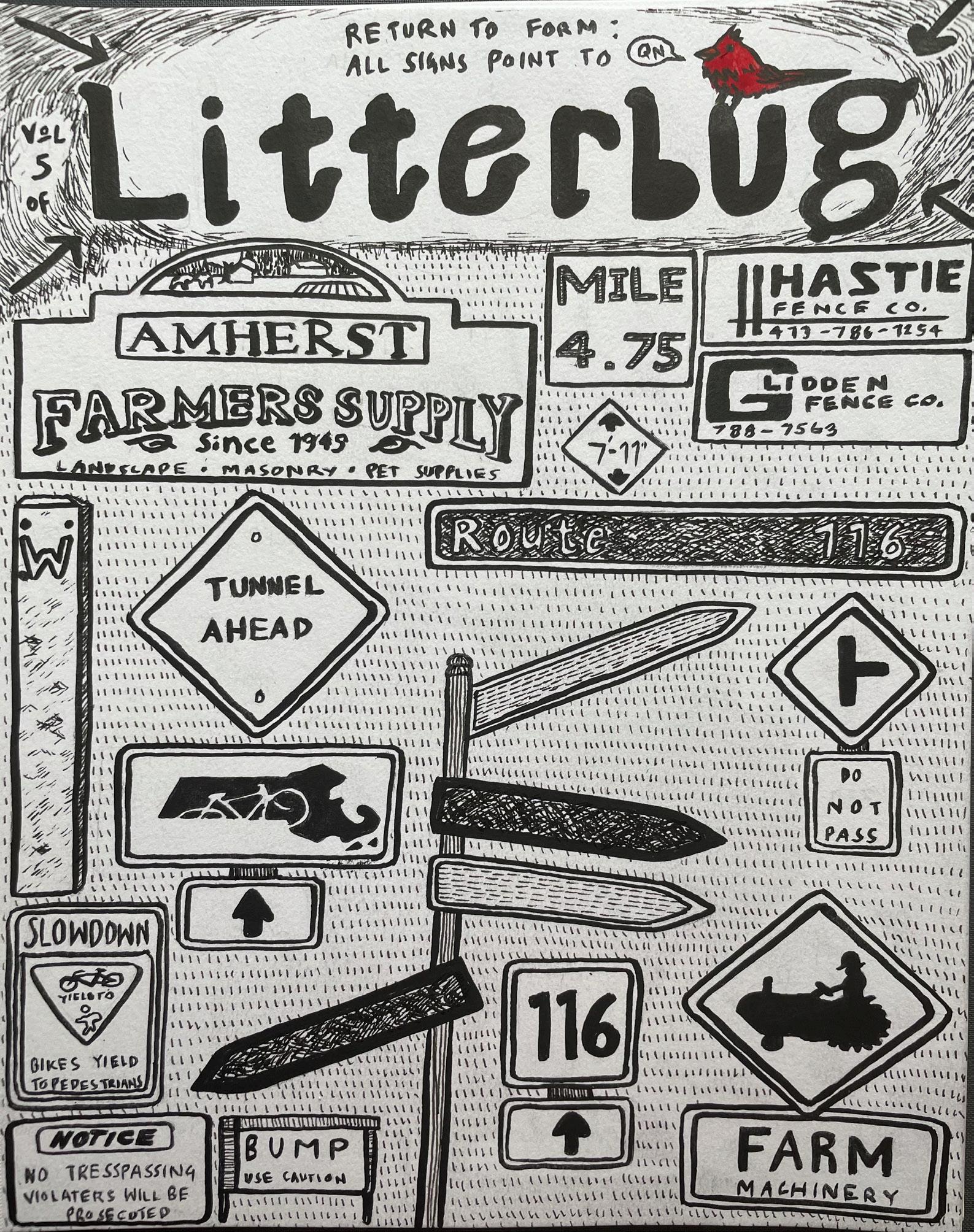
3 minute read
Researchers Talk Sexual Assault Prevention
Liam Archacki ’24 Editor-in-Chief
Content warning: This article discusses sexual assault.
Advertisement
“There is no solution to sexual assault,” Shamus Khan, a professor of sociology at Princeton, told a packed auditorium last week, “by which I mean, there must be dozens of solutions to sexual assault.”
Khan — alongside Jennifer Hirsch, a professor of sociomedical sciences at Columbia — discussed their research into sexual assault on college campuses, as published in their 2020 book “Sexual Citizens: Sex, Power, and Assault on Campus.” The conversation, which was held last Thursday in the Mead Art Museum’s Stirn Auditorium and organized by the Department of Resi-
Features 8
dential Engagement and Wellbeing, revolved around the researchers’ novel three-pronged approach to understanding sexual assault, based on sexual projects, sexual citizenship, and sexual geography.
This approach, the researchers explained, is a reaction to traditional attempts to understand sexual assault through a single lens, like toxic masculinity or rape culture. While these are important elements, Hirsch and Khan opted for a public health approach that aims to encompass the many factors that contribute to sexual assault.
The first prong, sexual projects, refers to questions relating to the purpose of sex, which may seem to have straightforward answers but become more complex upon further reflection. Sexual citizenship, for which the conversation was titled, is the idea that each person has a right to sexual autonomy and self-determination. And sexual geography signifies the importance of space and power in sex.
Geothermal Energy: Nife Joshua ’26 looks into the college's plan to install a geothermal energy system as part of the Climate Action Plan.
One of the key realizations of their research, Khan and Hirsch said, was that many perpetrators of sexual assault, especially on college campuses, did not intend to hurt anyone, and were sometimes unaware that they had committed sexual assault at all.
They referenced the story of a young man who only realized that he had committed sexual assault when asked to define the term during his interview with researchers, then broke down in tears.
This insight led the researchers to an important conclusion: “We can’t
Opinion 11
punish our way out of this problem,” in Khan’s words. “Many of the experiments that we’ve had with mass incarceration have had really disastrous consequences for communities. And in colleges and universities, if we think that punishment is basically the pathway to transformation, I would say yes, but it’s going to be a bad transformation.”
Khan and Hirsch advocated for many different preemptive measures as an alternative to what they see as a current overreliance on punishment.
For one, they said, sexual education plays a crucial role. Even though women who receive sexual education are far less likely to experience assault in college, many states
Continued on page 3
Attendance Policies: Zane Khiry ’25 argues that strict attendance policies fall more harshly on some students than others.
Sam Spratford ’24 Editor-in-Chief
The second annual major fair, the culmination of an Association of Amherst Students (AAS) Senate project seeking to build academic support and resource-sharing networks among students, took place last Saturday afternoon. Sporting academic department apparel and equipped with informational printouts, upperclassman representatives of each department congregated in Middleton Gym to counsel undeclared students on the opportunities and limitations that different majors bring.
Fair organizer and AAS Senator Hannah Kim ’25 wrote in a statement to The Student that the fair saw a bigger turnout than last year’s, despite being forced indoors by rain from its planned location on the First Year Quad. “There were more decorations and more supplemental materials on the major tables, which made for a more interactive experience with visiting students,” she reflected. “We also had more visitors overall.”
Kim, who originally spearheaded the event as her Senate project in the 2021-2022 election cycle attributes this success to the evolution of publicity tactics employed by her and fellow senate organizers Jaimie Han ’26 and Isaiah Doble ’25. To attract upperclassman volunteers, the sena-
Continued on page 3
ARTS&LIVING 14
Choral Society: Madeline Lawson ’25 recaps the Choral Society's most recent concert, which included music and lyrics written by the Amherst community.
>>March 21, 2023
9:34 a.m. Dakin House ACPD responded to the report of a suspicious person in the area of a College owned condemned building. The individual was spoken to and sent on their way.
9:34 a.m. Dakin House ACPD took a report after someone posed as a staff member online with the intent to defraud a student.
>>March 23, 2023
11:23 a.m. Woods ACPD investigated aban - doned camping sites on College property off South East St. Arrangements were made to have the abandoned property removed
>>March 24, 2023
7:46 p.m. Boltwood Avenue
ACPD stopped a motor vehicle being operated in the wrong direction on a one-way street. The operator was found to be unlicensed. The incident remains under investigation.
8:25 p.m. Quadrangle Road
ACPD stopped a motor vehicle being operated in the wrong direction on a one-way street. A verbal warning was issued.
>>March 26, 2023
9:34 1:28 a.m. Morris Pratt Hall
ACPD took a report of vandalism that occurred during a party.
>>March 27, 2023
10:21 a.m. Marsh House ACPD took a report after a student discovered their bike was missing.









